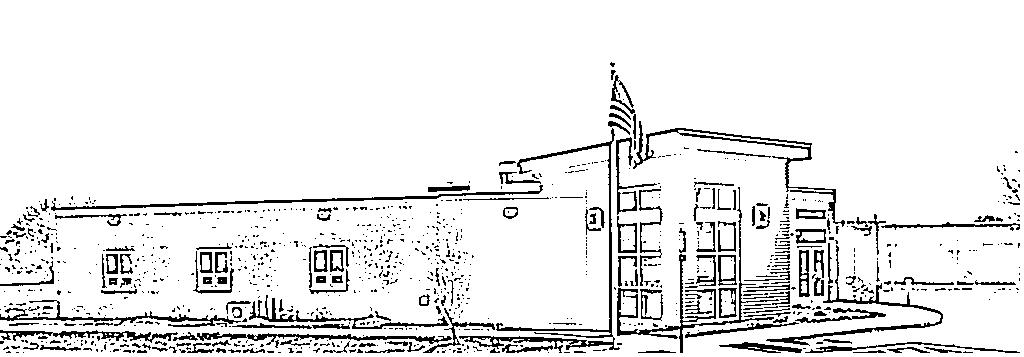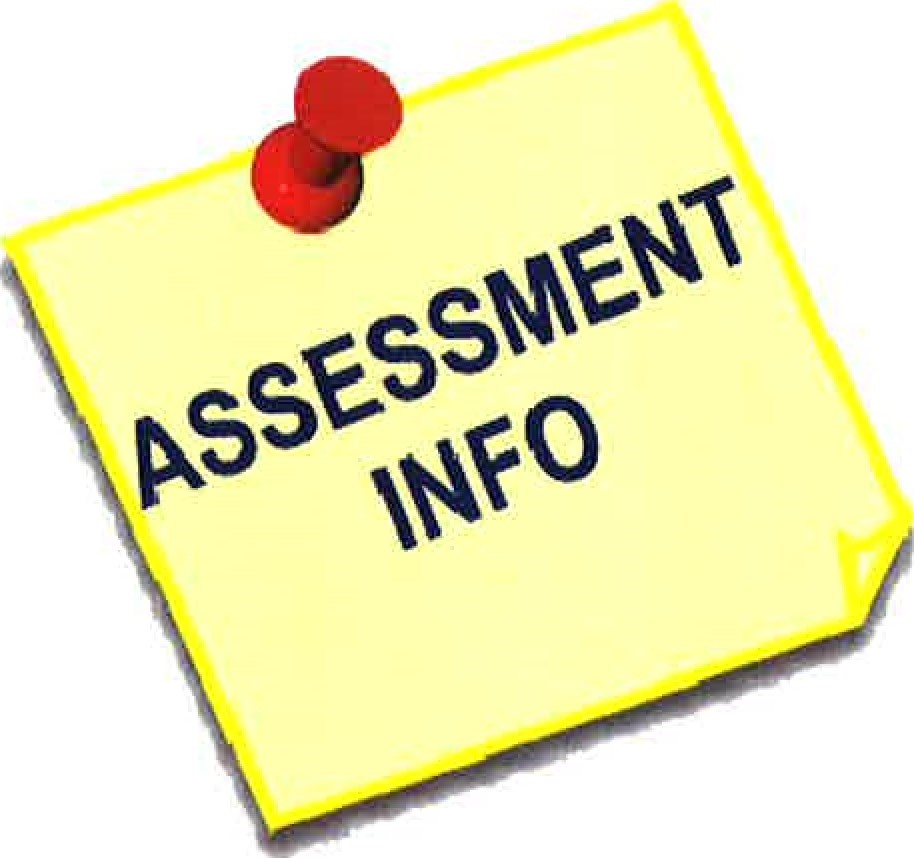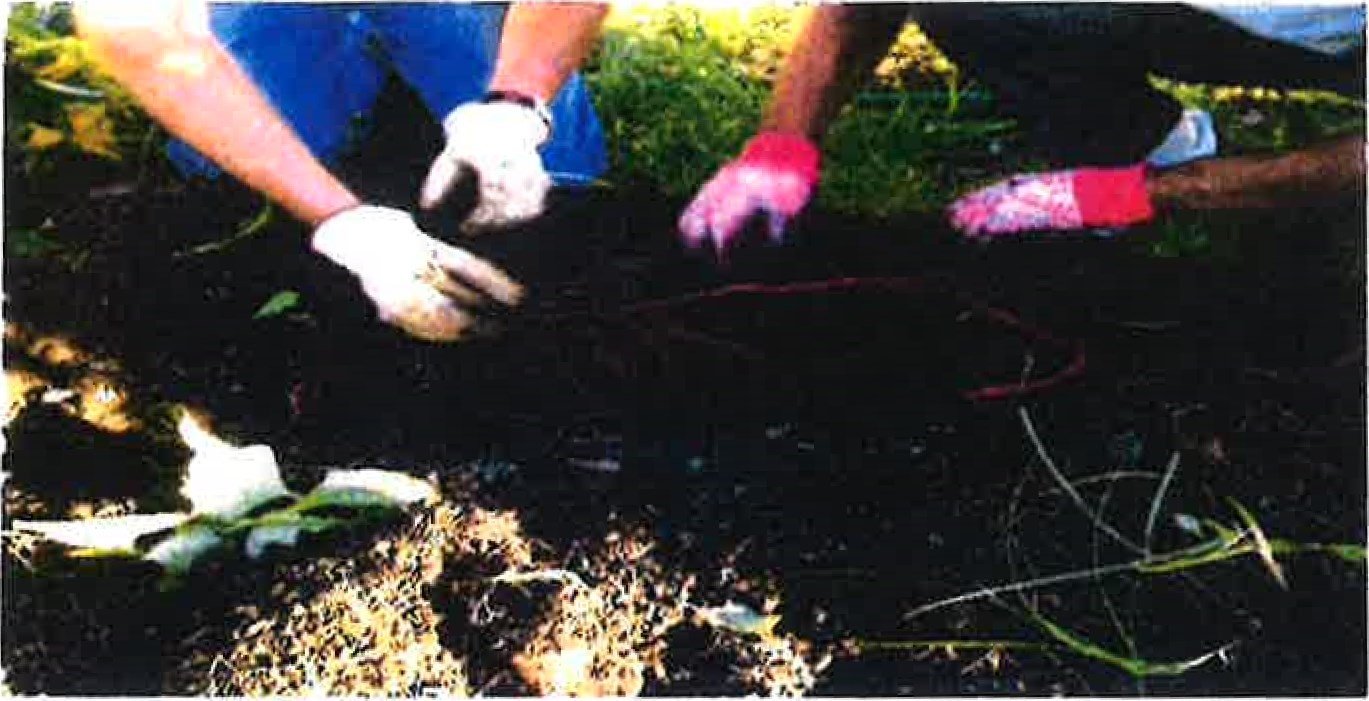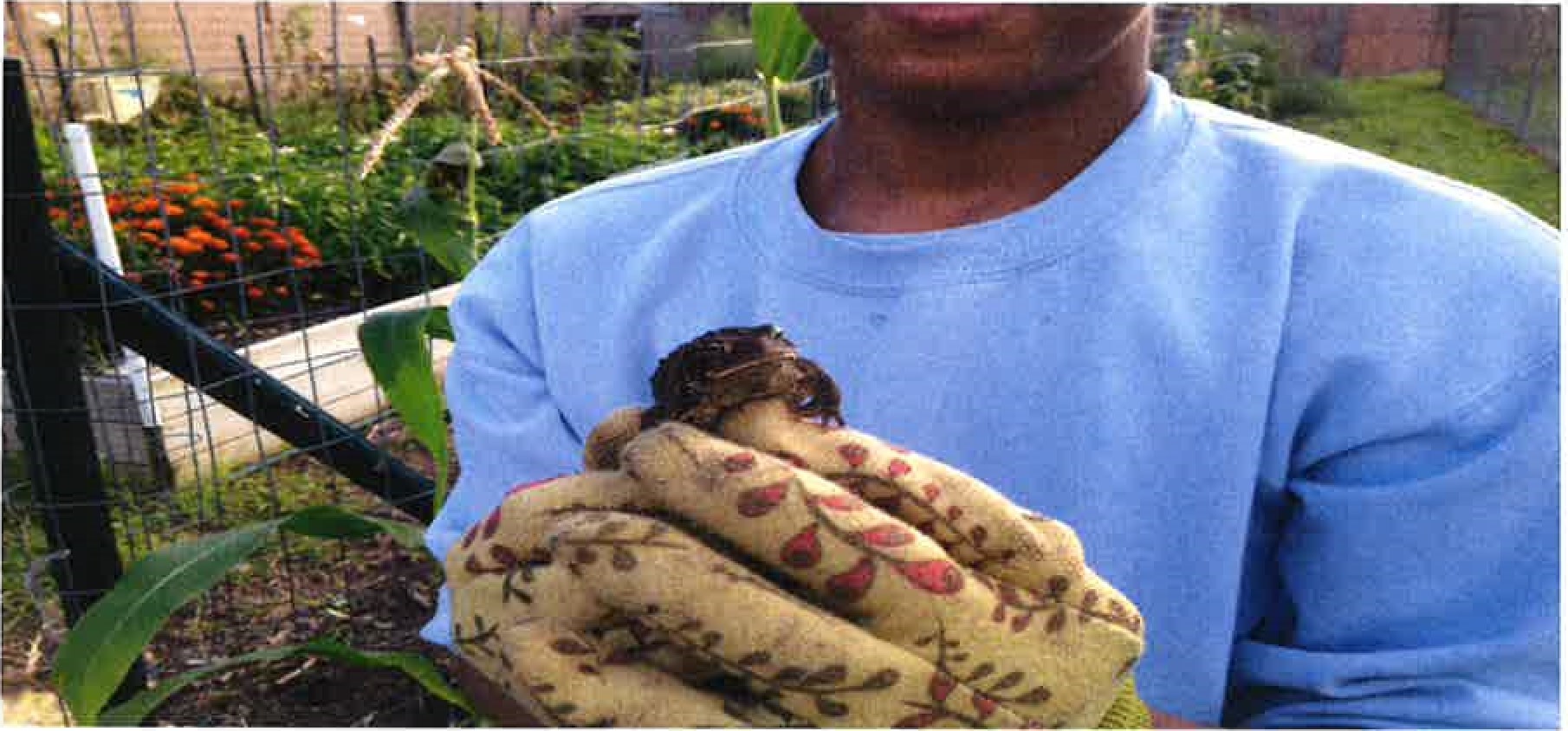General Information

The Central Ohio Youth Center (COYC) is a 38-bed district juvenile detention and treatment facility. The Community Residential Center (CRC) is a secure program for adjudicated juvenile offenders. COYC has been recognized by The National Center for Child Traumatic Stress for providing the organizational leadership and support necessary for the implementation of Trauma and Grief Component Therapy for Adolescents (TGCTA). COYC Utilizes a Trauma-Informed Approach to better the lives of all we serve.
Trauma-Informed Approach: According to SAMHSA’s concept of trauma-informed approach, a program, organization, or system that is trauma-informed:
- Realizes the widespread impact of trauma and understands potential paths for recovery.
- Recognizes the signs and symptoms of trauma in clients, families, staff and others involved in the system.
- Responds by fully integrating knowledge about trauma into policies, procedures and practice.
- Seeks to actively resist re-traumatization.
93% of juvenile offenders have reported one or more traumatic experience(s).
The Average number of traumatic experiences is 6.
Evidence based assessments at COYC indicate our residents have an average number of 9.
COYC has an ongoing partnership with the National Child Traumatic Stress Network to enhance evidence informed interventions, fundamentals and applications in our community and beyond.
Communication: Upon admission to COYC, residents are permitted to make one five-minute telephone call to their custodial parent(s)/legal guardian. After this initial call, residents are permitted one phone call per week until they achieve higher levels. Residents are permitted to receive telephone calls from probation/parole officers, attorneys and Children's Services caseworkers at any time. Letters to residents at COYC will be opened by detention staff and checked for contraband. Residents will be provided two stamps per week until they reach higher levels. Outgoing and incoming mail is censored as deemed necessary by the Superintendent for security reasons.
Visitation: Visitation is restricted to parents/legal guardians and is limited to 20 minutes unless otherwise approved by the Superintendent or Clinical Administrator. Visitation is on the following days and times:
Tuesday 6:00pm-7:00pm
Saturday 9:00am-10:00am
Sunday 9:00am-10:00am
Probation/parole officers may visit any day without an appointment. All other visitors must have an appointment and the approval of the committing court/placing agency to visit.
Assessment Services: A variety of assessment instruments are utilized to determine each resident's risks and needs. Information from these assessments is utilized to develop an individualized treatment/case management plan.
Educational Services: All residents are required to attend school while at COYC, even if they have dropped out, have a GED, or have graduated. COYC is an authorized GED testing site.
Program Services: CRC residents are required to participate in programs, groups, and activities. The program builds on cognitive-behavioral techniques (CBT), motivational enhancement therapy (MET), risk factors management, relapse prevention, and social learning concepts. The program targets criminal thinking errors and teaches the Stop-Think-Act method for changing these thought patterns. In addition, CRC residents are screened for possible participation in Trauma and Grief Component Therapy for Adolescents (TGCT-A).
Clinical Services: CRC residents are assigned a therapist upon admission. The therapist develops an individual treatment plan and provides individual and family therapy. The frequency and duration of individual and family therapy sessions are determined on a case-by-case basis. COYC's Health Care Coordinator conducts initial health screens and sick call. The Health Care Coordinator also checks residents when illnesses and/or injuries have been reported and refers them to the appropriate medical services provider for further evaluation and treatment if necessary.
Clothing: All residents are required to wear COYC uniforms. Clean clothing is provided daily, and clean bed linens are provided at least weekly.
Assessment Services

Within the first seven (7) days after admission, the assigned therapist conducts a comprehensive psycho-social interview with each client. Information from this interview is utilized to develop an Individual Service Plan (ISP) that lists objectives to be completed in order to achieve each goal. Also, within the first seven days after admission, the Massachusetts Youth Screening Instrument (MAYSI) is administered to CRC residents.
Below are brief descriptions of assessment instruments COYC utilizes in the CRC program. Therapists determine if additional assessments are necessary based on information obtained from the psycho-social interview and results MAYSI.
Child/Adolescent Diagnostic Assessment: A screening tool administered to determine biopsychosocial needs/treatment goals. Utilized to assess needs and treatment recommendations and to determine a youth’s diagnosis.
Adolescent Substance Abuse Subtle Screening Inventory (SASSI-A2, SASSI-A4): A screening tool that has proven to be effective even with individuals who are unable or unwilling to acknowledge relevant behaviors. This assessment screens for both substance abuse and substance dependence. The SASSI-A4 is given to all residents 18 and over.
Massachusetts Youth Screening Instrument (MAYSI): A screening tool for use in the juvenile justice system to identify signs of mental/emotional disturbance or distress including risk for suicide and traumatic experiences that may be impacting the youth's behavior. This assessment assists clinicians in developing a course of treatment for individual therapy.
Ohio Youth Assessment System (OYAS): A standardized risk/needs assessment utilized to evaluate risk and criminogenic needs as well as barriers to treatment for each youth. The tool assesses eight domains including criminal history, family, education/employment, mental health/personality, pro-social skills, substance abuse, peers, and antisocial attitudes. Each of these risk factors are then rated as very high, high, moderate, or low. The OYAS will only be administered at the request of the committing court/placing agency.
Trauma Assessments: A series of self-report instruments utilized to screen for traumatic events and PTSD symptoms. In addition to PTSD, this assessment screens for depression, ADHD and dual diagnosis. For participants between the ages of seven and seventeen years of age, model fidelity is tracked by way of gathering demographic form, The Childhood Trust Events Survey Children and Adolescents (CTES), Abbreviated Dysregulation Inventory (ADI), Short Mood and Feelings Questionnaire, PTSD Reaction Index for Children/Adolescents-DSM-5, Self-Reported Delinquency, Peer Conflict Scale and A-DES.
Human Trafficking Risk Assessment: A self-report risk assessment/screening tool that is used as part of a youth’s intake process. The results of this tool help to determine whether a child may be a victim of sex or labor trafficking or is at risk of being a victim of sex or labor trafficking.
Educational Services

The CRC's educational program is designed to ensure that all residents have an opportunity to improve their educational skills during their stay. In order to provide educational services to a diverse range of students, we utilize an individualized prescriptive teaching model. Because of varying intellectual abilities, a remedial basic skills component is the most realistic approach to learning.
Upon admission to the CRC, each resident takes placement tests in the areas of language arts, science, social studies and mathematics. Test results are used to place the student into the appropriate level of instruction. The student is then given daily assignments to measure individual achievement. Supplementary texts, various audio-visual aids, or other educational materials are also used to customize each student's instruction. Records are maintained in the student's individual portfolio after the assignments have been successfully completed.
Assignments from the student's home school can be administered on a tutorial basis. If a student has a current Individual Education Plan (IEP) that has been developed by their home school district and a copy is provided to COYC, the student will be instructed in accordance with the Plan.
All residents are required to go to school even if they have dropped out, earned a GED, or graduated. While participating in the educational program, residents will be provided instruction in core subject areas including language arts, science, social studies, and mathematics as well as life skills (e.g. problem solving, healthy living, etc.). Residents are able to accrue direct educational contact hours that can be converted to high school credits by their home school district. Group Facilitators are licensed as substitute teachers. Therefore, high school credits can be earned for therapeutic programs.
Mathematics: This class provides an effective way of building mental discipline, encourages logical reasoning, and mental rigor. This ensures that all students have an opportunity to become mathematically literate. Students develop skills in mathematics that are appropriate to their learning abilities and expand their mathematical proficiency. Students also learn to formulate and solve problems with a variety of strategies, to verify and interpret results, and generalize solutions.
Reading/Language Arts: This class focuses on basic skills necessary to become a better reader and develops creative thinking skills. This allows the student to develop skills in speaking, writing, and critical thinking which will allow them to live and work more effectively, to learn other subjects well, and for lifelong learning.
Science: This class encourages students to become familiar with basic scientific ideas and concepts about the biological and physical aspects of the world. When this occurs, there is a greater possibility that students will think in a more scientific manner and have a greater understanding of their environment. By exposing students to a broad range of scientific topics, they can see the interrelationship of the different branches of science and how science is a part of their everyday lives.
Social Studies: This class focuses on the integrated study of the social sciences and humanities to promote civic competence. This helps students develop the ability to make informed and reasoned decisions for the public good as citizens of a culturally diverse, democratic society in an interdependent world. In addition, there is a strong focus on the history and geography of the United States with emphasis on the use of maps.
Physical Education: These classes are provided several times a week with mandatory participation unless they are medically excused. The focus of these classes is to provide cognitive content and instruction designed to develop motor skills, knowledge, and behavior for physical activity and fitness.
Healthy Living: This group focuses on helping students make informed and responsible decisions on setting healthy goals, managing emotions, building relationships, taking care of the body, and other useful information for everyday life. In addition, the group includes education about addictive substances, harmful effects, and level of risk for dependency as well as knowledge to make better consumer choices.
GED Preparation and Testing: Provides assistance to help prepare students for taking the GED Test. COYC provides tutoring services for those students with an identified need for assistance with GED Test preparation. The test is administered at COYC on an as-needed basis to certify high school-level knowledge and skills.
Personal Responsibility Education Program (PREP)/Healthy Living: PREP educates students on both abstinence and contraception to prevent pregnancy and sexually transmitted infections, and other adulthood topics such as healthy relationships, communication with parents, and financial literacy.
Library Services: The Marysville Library provides books that residents on higher levels can "check out" and read during leisure time.
Program Services

The CRC primarily utilizes Phoenix Resources' A New Freedom curriculum. This curriculum has been approved by the University of Cincinnati for use in the program. A New Freedom curriculum is workbook-based supplemented with checklists, activity cards and skill-building activities. It provides detailed, behaviorally stated objectives and lesson plans allowing staff to monitor residents' progress and results.
A New Freedom builds on cognitive-behavioral therapy (CBT, motivational enhancement therapy (MET), risk factors management, relapse prevention, and social learning treatment concepts. These materials provide a logical progression addressing defensiveness, then cognitive change issues, and finally thoughts and feelings.
When a resident is ready to learn new approaches, the program provides guidance in mastering new problem solving, thinking and coping skills. The goal of the CRC is to increase self-confidence and resilience (self-efficacy) in addressing each resident's specific risk factors - a critical part of relapse prevention.
Psycho-Educational Group Descriptions
Cognitive-Behavioral Therapy (CBT): These groups help participants identify anxiety symptoms, stressors and triggers. They will also identify shame issues and steps to making changes. Participants will identify their high-risk behaviors, and learn assertiveness skills, conflict resolution skills, and coping skills to deal with peer pressure and avoid violence. Participants will learn to stop and think, avoid conflict, and practice refusal skills. Participants will also learn to identify relapse signs and develop a safety plan to cope with high-risk behaviors.
Cognitive-Behavioral Therapy (CBT) Skill Building: Participants role play "real life" scenarios to practice, demonstrate, and reinforce skills learned in CBT groups.
Reality Check: Addresses cognitive restructuring through identification of typical thinking patterns and relationships (i.e. triggers, dysfunctional behaviors) that increase vulnerabilities and ultimately affect self-esteem. The goal of this group is to assist participants in becoming less vulnerable to the thinking errors and more capable of changing their behavioral patterns to increase their self-esteem and feelings of self-worth.
The Phoenix/New Freedom 100: This group is designed to reduce resistance to behavioral change and decrease antisocial behaviors including gang activity while increasing linkage to protective factors and pro-social elements. It focuses on developing emotional intelligence and empathy while identifying their risk factors (people, places, things, situations) for violence, criminal behavior and gang activity. They will identify specific protective factors, including a safety net of supportive people and programs and to master new thinking (CBT) and problem-solving skills. It focuses on developing coping skills and impulse control while successfully reducing aggression and violence. Residents will have the opportunity to examine their choices and options about continuing gang activity. PNF 100 will also focus on preparing for a more successful future including developing specific action plans, confidence and competence to avoid their highest risk factors. PNF 100 is a new tool that combines previous modalities into a streamlined and consistent format.
Risks and Decisions: This group is DVD based and helps participants to identify personal risk factors and gain insight into identifying high risk people, places, things and situations. These groups include writing assignments, role plays, takeaways, action plans and skills practice.
Victim Awareness: This group helps participants identify their problems and allows them to analyze these problems so they can gain insight into how to improve upon these behaviors. Participants will complete an inventory of their problems and behaviors, with helpful steps in determining and identifying dependencies, addictions, and compulsive behaviors that they determine to be negative. The group also addresses denial and other defense mechanisms that may prohibit participants from fully realizing the problem behavior. Participants will evaluate the consequences of problem behaviors and actions, and the effects they have on them and those around them. The group also suggests different coping skills and strategies to change these behaviors to form more positive lifestyles. These include moral discussions, group activities, and tools for changing thought patterns. Participants will learn how to implement a motivational program to help them change their lifestyles.
Art Therapy: This program empowers residents with challenging conditions in their lives (including trauma) to heal through creative expression.
Activities
Active and Leisure Recreation: COYC has a gymnasium and outdoor recreation field where residents can play basketball, volleyball, whiffle ball, etc. Residents have a variety of educational and recreational board and card games available to use during leisure recreation periods. Residents can also utilize leisure time to write letters and draw.
Community Service: Residents participate in a variety of community service projects including knitting hats for homeless, and sorting materials for the United Way School Supplies Drive, among others. In addition, residents tend to, and harvest produce from our garden to give to local food pantries.
Initiatives: This is an activities-based curriculum that reinforces concepts learned in CBT groups including self-esteem, conflict resolution, character building, and teamwork.
Spiritual Services: COYC is in partnership with Youth for Christ. Chaplain Koloff from the Franklin County based group is available to see our residents as needed. Participation is completely voluntary.
Special Programs
Horticultural Therapy: Project GROW (Getting Ready for the Outside World) is a collaboration with Master Gardeners from the Ohio State University Agricultural Extension Office/Union County, residents plant and maintain a vegetable garden and perennial flower bed. Patience, consistency, respect for self and others, commitment, and an appreciation for beauty are lifelong attributes that blossom through the guidance of the Master Gardeners who serve as both teachers and mentors. The goal of the program is to improve self-concepts and environmental attitudes. (Seasonal)
Project BARK (Believing in At Risk Kids): BARK is a volunteer-based program within the facility where volunteers bring their dogs to spend time with the residents in a prosocial way. The goal of the program is to expose residents to positive adult role models. Volunteers represent a variety of professional careers including graphic arts, engineering, teaching, and banking.
Clinical Services

Case Management Services: Within seven days of admission, the assigned therapist completes a comprehensive biopsychosocial interview and assessment with each resident. The interview and assessment process explores various criminogenic risk factors including criminal history, family, education/employment, mental health/personality, pro-social skills, substance abuse, peers, and antisocial attitudes, trauma and other relevant issues. The information obtained from this assessment is utilized to develop an Individual Service Plan for each resident.
Individual Therapy: Within the first 48 hours after admission, each resident is assigned a therapist. The CRC therapists are:
Beth Gerken, MSW, LISW-S: Clinical Administrator
Justin Cygnor, BS, LSW: Clinician
The frequency and duration of individual sessions is determined by the assigned therapist on a case-by-case basis. Therapists measure the residents' progress on their treatment goals and address each individual's specific needs and issues during individual therapy sessions.
Group Therapy: Clinical staff facilitate the following therapeutic groups:
Anger Aggression and Violence: This group focuses on the identification of issues in participants' lives that have led to anger, aggression and violence. The group serves as a means to identify symptoms of anger and aggression, and also to identify the triggers in participants' lives that lead to these symptoms. The group also links anger and violence to dependencies and suggests strategies for preventing this pattern. It includes topics such as passive-aggressive behaviors and repressed anger and describes the characteristics of these and other forms of anger and aggression. This group offers participants the opportunity to identify their personal risk factors and triggers that may lead to aggression and violence, and to create a plan for coping with these behaviors in a more positive and progressive manner.
Reality Check: Addresses cognitive restructuring though identification of typical thinking patterns and relationships (i.e., triggers, dysfunctional behaviors) that increase vulnerabilities and ultimately effect self-esteem. The goal of this group is to assist participants in becoming less vulnerable to the thinking errors and more capable of changing their behavioral patterns to increase their self-esteem and feelings of self-worth.
Process Group: This group addresses a variety of issues including sexual, emotional, and physical abuse. The group also deals with boundary issues within family relationships and the dynamics that lead to and keep people trapped in unhealthy situations. Group topics focus on the needs of group participants at any given time.
Substance Abuse Treatment: This group focuses on identifying triggers in participants' lives and evaluating the consequences of surrendering to these triggers, such as drug and alcohol abuse and other negative dependencies. It emphasizes the importance of self-awareness and strategic coping in negative situations. Participants will learn different points and techniques of intervention to prevent relapse of problem behaviors and focus on changing thought and behavior patterns for positive results. The group offers a step-by-step guide to common relapse patterns and suggests ways to build self-esteem and change thinking patterns in order to prevent these negative behaviors from recurring. The group also incorporates the physical issues caused by types of drug abuse and the effects on the body.
Trauma Group: This group is for adolescents who have experienced a great deal of stress, trauma and loss in their lives that may still be causing problems for them. The group assists participants in gaining knowledge and developing new skills to cope with current challenges without being overwhelmed by memories of everything they have experienced. Participants will learn to deal with the ways their lives have changed because of the trauma and loss and learn ways to create a better future for themselves. Potential participants will be assessed, and the clinical staff will determine their appropriateness for trauma group.
Family Therapy: Therapists are available for family therapy if parents are willing and able to participate. The Center has therapists available during evening hours so parents who have transportation issues and/or employment obligations can still participate.
Health Care Services: COYC's Health Care Coordinator conducts initial health screens and prepares the sick call list for COYC's on-site physician. The Health Care Coordinator also coordinates off-site medical, dental, and psychiatric services, schedules appointments, and evaluates medications.
Medical Services: COYC provides medical services through an on-site physician who comes to the facility weekly and off-site medical and emergency services through an agreement with Memorial Hospital of Union County.
Referral Process

Admission requirements for the CRC are:
- Youth must be between 12 and 18 years of age.
- Youth must be adjudicated delinquent.
- Youth must be court ordered to complete the program.
- Committing court/placing agency must submit a completed Referral Form.
- We only accept male youth at this time.
Exclusionary criterion for the CRC includes the following:
- Adjudicated sexual offenders who have not successfully completed a treatment program.
- Youth who are actively psychotic or have been actively psychotic in the past six months.
- Juveniles with a severed, debilitating mental health diagnosis that impairs daily functioning (i.e., schizophrenia).
- IQ under 70 and/or developmental disability diagnosis.
- Youth who have already graduated or achieved their GED.
Each case will be reviewed, and admission will be determined on a case-by-case basis. Meeting one or all of these criteria does not automatically qualify or disqualify a youth from the program. Preference will be given to youth with families that are willing and able to participate in family therapy and/or those with a placement plan upon release.
The following documents are required for review prior to acceptance:
- Results of major intellectual, academic, and personality assessments completed within the last year.
- Current diagnosis and psychotropic medications (if any).
- Brief medical history.
- Pre-sentence investigation report/social history including offense history and committing offense.
- Copies of psychological/psychiatric evaluations, if applicable.
- Individual Education Plans (IEP), if applicable.
- Information regarding community involvement with youth (e.g., Children's Services).
The following documents are required at admission:
- Copy of court order.
- Court order must include a provision for the home school district to bear the educational costs for the student.
- Copy of insurance/Medicaid card.
- Prescription(s) for medication refills.
- Release of Information form signed by the custodial parent/legal guardian.
- Agreement signed by the placing agency.
Each placing agency will be invoiced monthly. In the absence of health insurance or a Medicaid card, the placing agency will be invoiced for any outside dental/medical expenses, psychiatric/psychological expenses, and medication expenses. The Ohio Department of Youth Services (ODYS) inspects the facility annually to ensure compliance with State Standards for Community Residential Centers (CRC).
*All referrals can either be faxed or emailed to Steve Harmon (Intake Manager) at sharmon@coyc.org or Beth Gerken (Clinical Administrator) at bgerken@coyc.org
Community Residential Center Handbook.docx
Release of Information Form.pdf
This institution is an equal opportunity provider.
